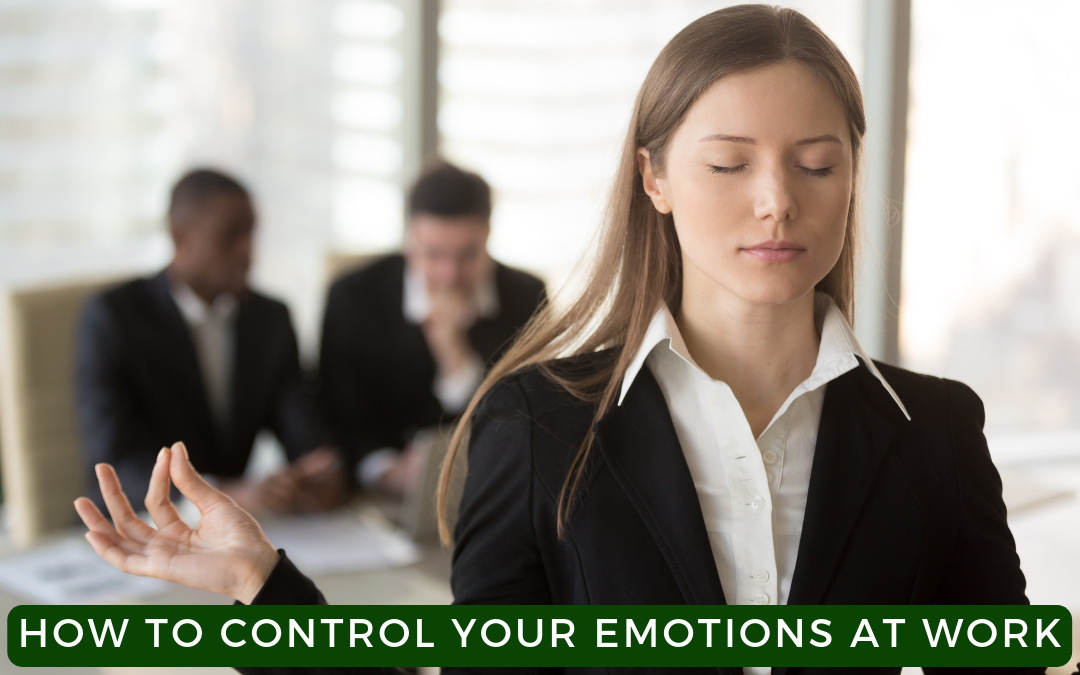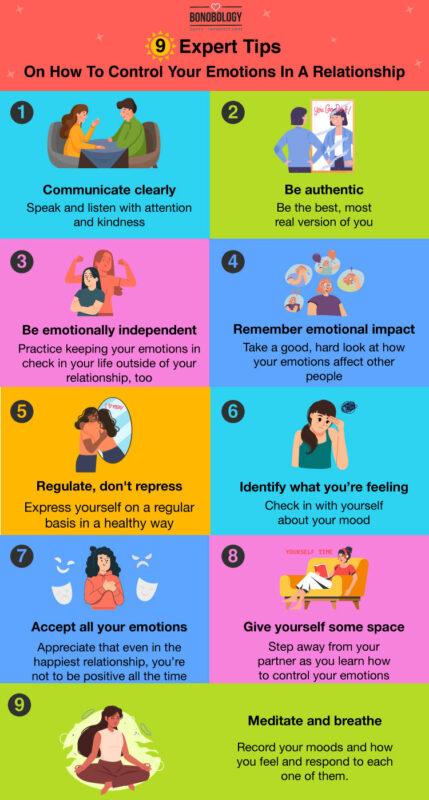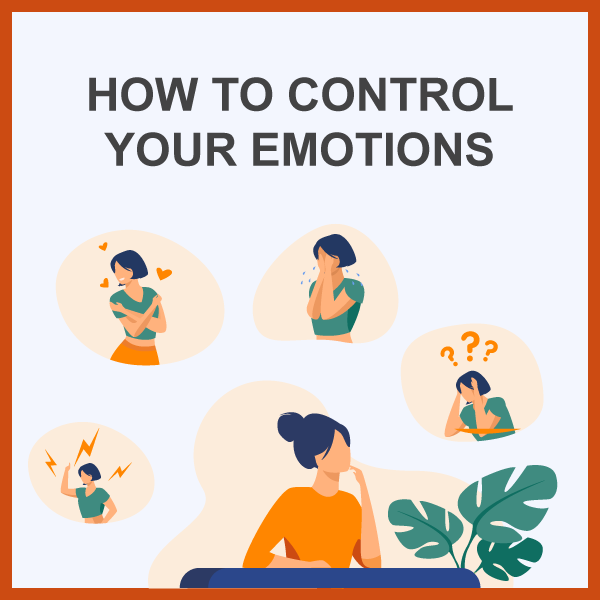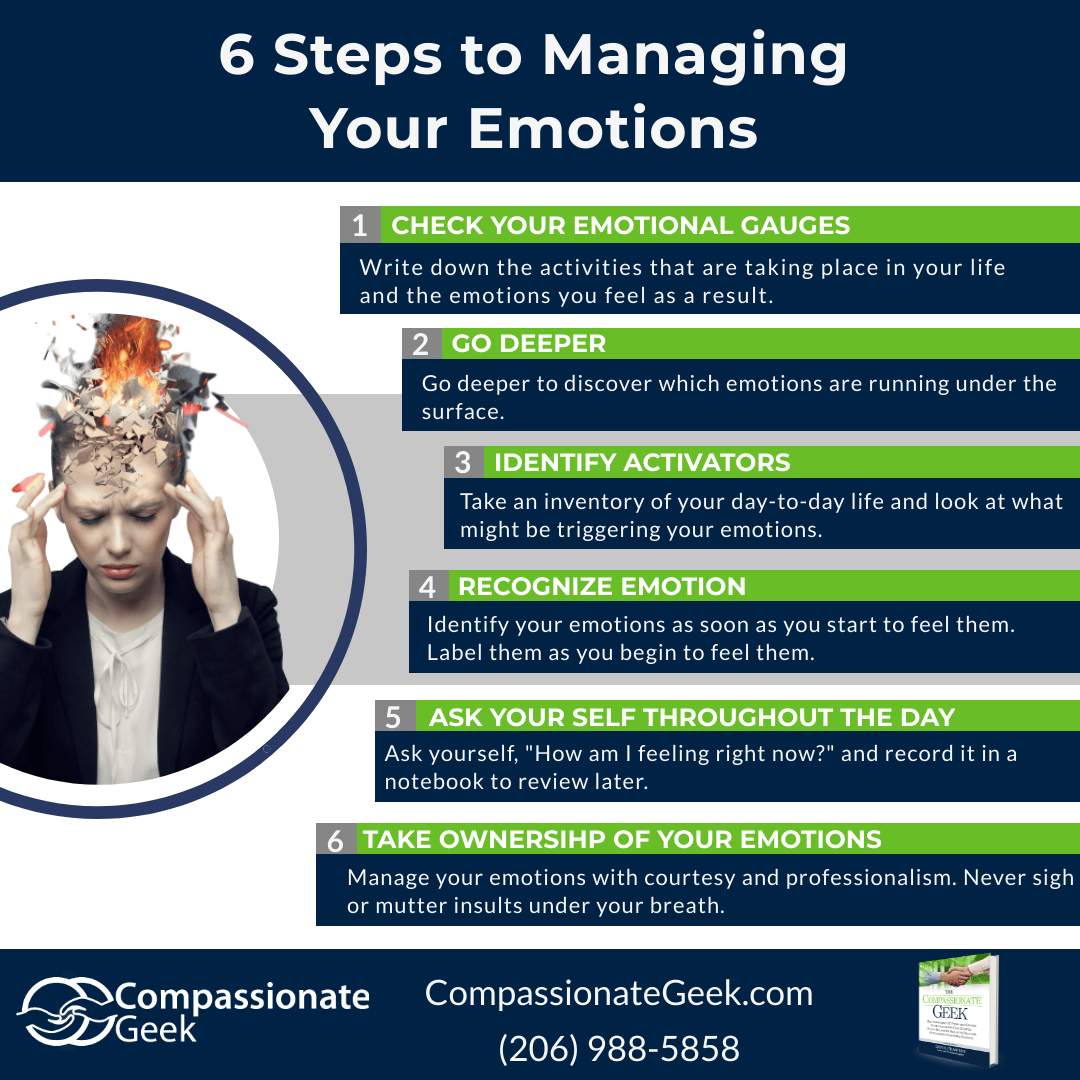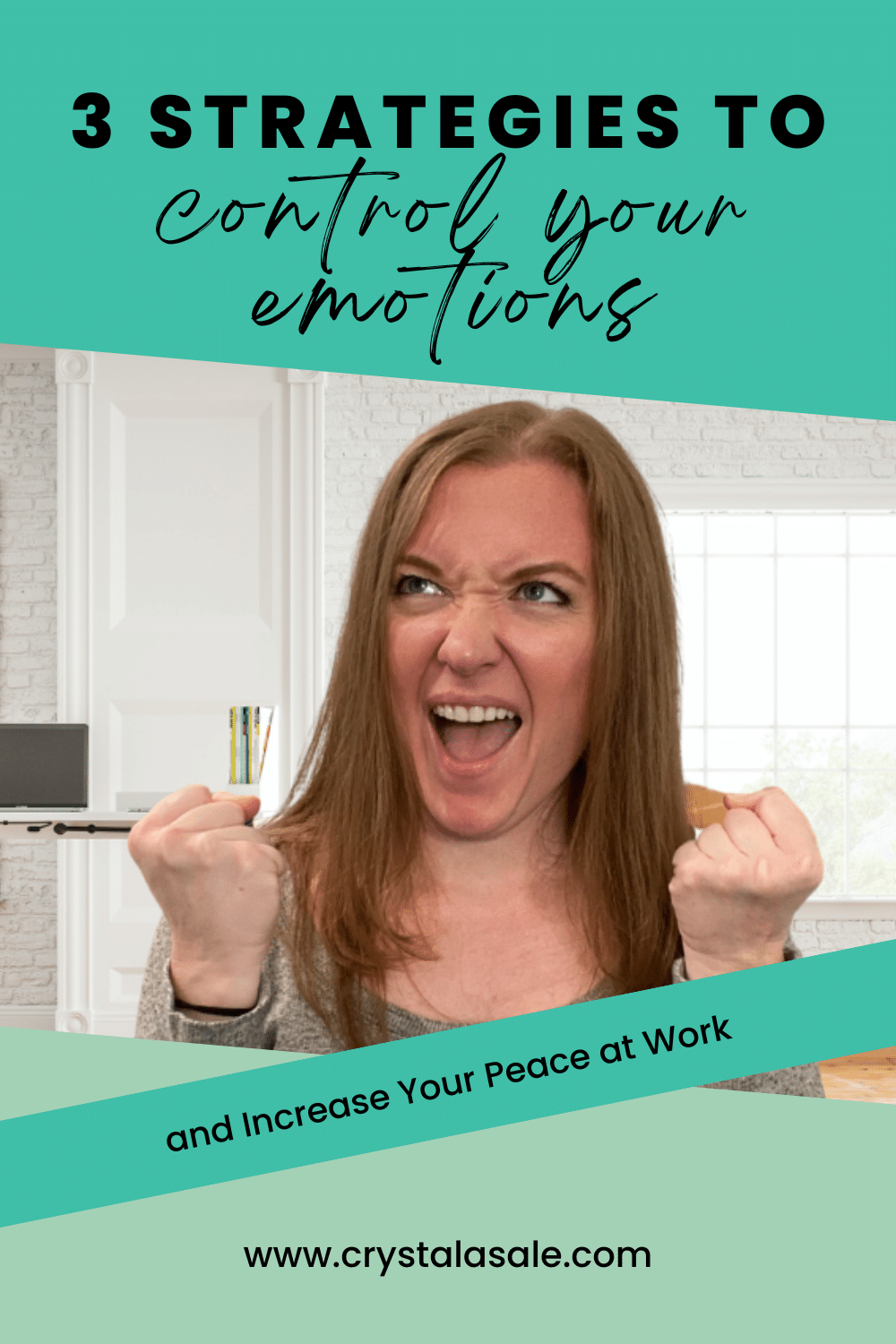How To Work On Controlling Your Emotions

Imagine a serene lake at dawn, its surface perfectly still, reflecting the soft, pastel colors of the sky. Then, a sudden gust of wind whips across the water, creating ripples and disturbing the tranquil image. Our emotions are much like that lake – capable of reflecting peace, but easily stirred by the winds of life.
Learning to manage our emotions is not about suppressing them, but rather about understanding them, navigating them skillfully, and ultimately, regaining control of our inner lake.
Understanding the Emotional Landscape
Emotional regulation is a crucial skill for navigating the complexities of life. It's not about becoming emotionless, but about responding to situations in a thoughtful and balanced way.
According to the American Psychological Association (APA), emotional regulation involves the ability to monitor, evaluate, and modify emotional reactions to accomplish a goal. This helps us avoid impulsive reactions and build stronger relationships.
Recognizing Your Triggers
The first step in controlling your emotions is understanding what sets them off. What situations, people, or thoughts tend to trigger strong emotional responses in you?
Keeping a journal can be incredibly helpful. Write down the events, your reactions, and your thoughts at the time.
Over time, you'll begin to see patterns emerge, allowing you to anticipate and prepare for potentially triggering situations.
The Power of Mindfulness
Mindfulness, the practice of being present in the moment without judgment, can significantly impact your emotional regulation. It allows you to observe your emotions as they arise, without immediately reacting to them.
Try incorporating simple mindfulness exercises into your daily routine. Even a few minutes of focused breathing can make a difference.
As Dr. Jon Kabat-Zinn, a pioneer in mindfulness-based stress reduction, says, "You can’t stop the waves, but you can learn to surf."
Developing Coping Mechanisms
Once you understand your triggers and practice mindfulness, you can start developing healthy coping mechanisms. These are strategies that help you manage your emotions in a constructive way.
Some effective coping mechanisms include exercise, spending time in nature, listening to music, or talking to a trusted friend or therapist.
The key is to find strategies that work for you and incorporate them into your daily life.
Challenging Negative Thoughts
Often, our emotions are fueled by our thoughts. Learning to challenge negative or distorted thinking patterns can significantly impact your emotional state.
Cognitive Behavioral Therapy (CBT) techniques, such as identifying and reframing negative thoughts, can be incredibly helpful.
Ask yourself: Is this thought based on facts or feelings? Is there another way to look at the situation?
Seeking Professional Help
Sometimes, despite our best efforts, emotional regulation can be challenging. Don't hesitate to seek professional help if you're struggling.
A therapist can provide guidance, support, and evidence-based techniques to help you manage your emotions more effectively. Remember, seeking help is a sign of strength, not weakness.
The Ripple Effect of Emotional Control
Controlling your emotions isn't just about feeling better; it also has a ripple effect on your relationships, your career, and your overall well-being.
When you're able to respond to situations with composure and empathy, you build stronger connections with others. According to research, individuals with better emotional regulation skills tend to have healthier relationships and greater success in the workplace.
Furthermore, managing your emotions can reduce stress and improve your physical health. Chronic stress has been linked to a variety of health problems, including heart disease, anxiety, and depression.
Ultimately, learning to control your emotions is a journey of self-discovery and growth. It requires patience, practice, and self-compassion. But the rewards – a calmer inner life, stronger relationships, and greater overall well-being – are well worth the effort.
As Maya Angelou wisely stated, “You may not control all the events that happen to you, but you can decide not to be reduced by them.”
